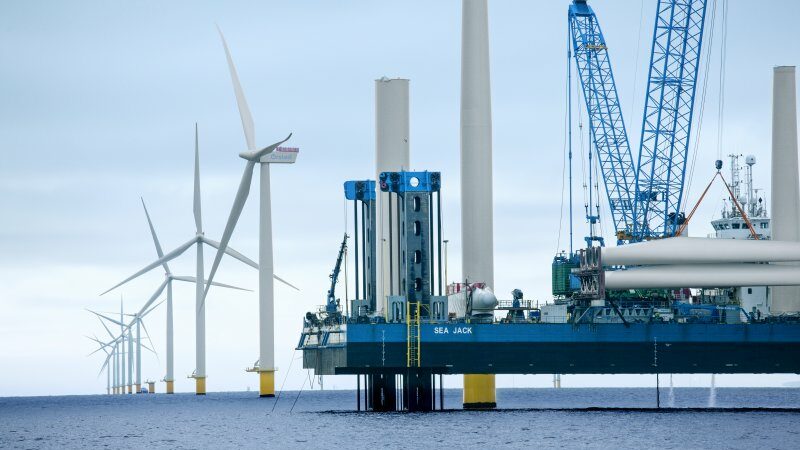Today’s launch of the World Energy Outlook (WEO) 2021 by the International Energy Agency (IEA) is one of the most significant energy moments this year.
It represents a fundamental shift in mainstream thinking on energy: it clearly outlines the irreversible coalescence of economic and climate risks, as well the key role that the shift away from fossil fuels towards sustainable energy supply plays in maintaining economic growth in a climate-safe world.
Born in the 1973 oil crisis to ensure security of oil supplies, the IEA has emerged as the most influential advisory and statistical body on energy. The WEO is its most prestigious annual product: it sets the tone in the energy industry and guides public and private finance institutions.
The IEA has always positioned itself as a rational actor focusing on ‘realistic’ development pathways and security of supply – predominantly of oil and gas.
This year’s WEO signals a historic shift as the IEA introduces a new rationality, where security of energy supply and global economic growth no longer revolve around oil and gas. Instead, they are unequivocally tied to rapidly shifting the resource base on which the global economy has been operating – away from fossil fuels towards increasingly decarbonized energy mix.
For the first time, the WEO is centred on a global development pathway aligned with the goal of keeping the global warming below 1.5C – the “Net Zero Emissions by 2050” scenario. It confirms that the current energy system is not equipped to address the challenges posed by the climate change to economic growth, with a “low emissions revolution” being long overdue.
The bad news is that the “stubbornness of the status quo” has already locked many economies into stranded assets, even in the gas sector, so often considered the “last transition fuel”. The IEA projects that most of the 200 billion cubic metres worth of LNG projects under construction will not recover their invested capital, with the total stranded capital estimated at $75 billion – enough to have covered three quarters of investments needed to reach 2030 renewable energy targets in all African countries. It reiterates that no investments in new coal mines and power plants or new oil and gas fields are required in the transitioning global economy.
The good news is that cost-effective solutions to decarbonize the global economy and boost its resilience to climate risk are readily available. Among these are measures to reduce methane emissions from fossil fuels; rapid scaling up investment in existing low-carbon technologies (most of all solar, wind and storage); and boosting energy efficiency, which will reduce energy bills for households and industry and provide resilience to price spikes.
No one has the same capacity as governments to steer the global energy sector to a climate-safe pathway. Some steps in the right direction have been taken this year, including the G7’s pledge to phase out fossil fuel finance, China’s commitment to quit financing coal abroad, the new US policy to de-facto exclude fossil fuels from multilateral development finance, and the recently announced Global Methane Pledge.
The rapid action on energy transition has, however, not yet become the rationale of global energy policy.
For that to happen, commitments made need to be substantiated by clear timelines and actions to 2030. Governments need to push major oil and gas companies and industrial end-users to invest in decarbonization, while, at the same time, alleviating transition impacts on poorer households and fossil fuel workers and communities. Crucially, they need to actively engage with national and international finance institutions to align public finance with a resilient, climate-safe development pathway. It’s time to wake up to the new normal.
Maria Pastukhova is a senior policy adviser at E3G.
